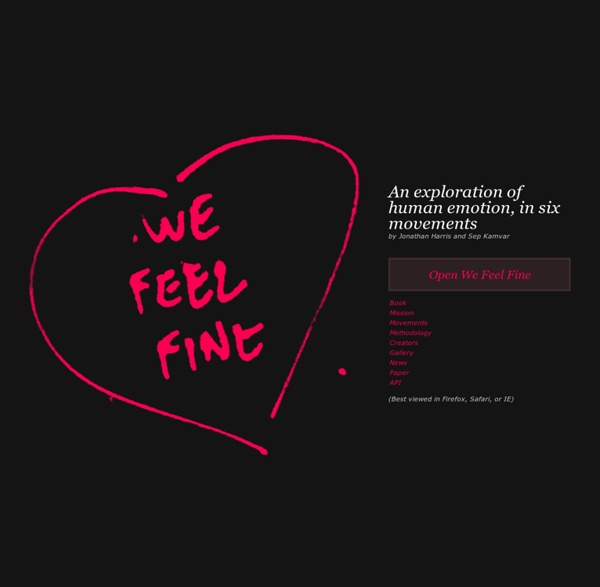



The Theory Generation If you studied the liberal arts in an American college anytime after 1980, you were likely exposed to what is universally called Theory. Perhaps you still possess some recognizable talismans: that copy of The Foucault Reader, with the master’s bald head and piercing eyes emblematic of pure intellection; A Thousand Plateaus with its Escher-lite line-drawing promising the thrills of disorientation; the stark, sickly-gray spine of Adorno’s Negative Dialectics; a stack of little Semiotext(e) volumes bought over time from the now-defunct video rental place. Maybe they still carry a faint whiff of rebellion or awakening, or (at least) late-adolescent disaffection. Maybe they evoke shame (for having lost touch with them, or having never really read them); maybe they evoke disdain (for their preciousness, or their inability to solve tedious adult dilemmas); maybe they’re mute.
Poetry on the Road 2004 As Poetry 03 is line-based, it was almost a logical step to think about shapes when it came to designing Poetry 04. In Poetry 04, every poem is visualised as a cluster of polygons, while every polygon represents a single word. The exact shape of each polygon is based on the statistical allocation of letters within a language. If a letter has a very high frequency in the language, its impact on the overall shape of the polygon is very strong. A common structure in many languages are alternating vowels and consonants.
Project "Pulse Room" Pulse Room is an interactive installation featuring one to three hundred clear incandescent light bulbs, 300 W each and hung from a cable at a height of three metres. The bulbs are uniformly distributed over the exhibition room, filling it completely. An interface placed on a side of the room has a sensor that detects the heart rate of participants. When someone holds the interface, a computer detects his or her pulse and immediately sets off the closest bulb to flash at the exact rhythm of his or her heart. The moment the interface is released all the lights turn off briefly and the flashing sequence advances by one position down the queue, to the next bulb in the grid.
This Will Mindfuck You: The Double-Slit Experiment The video below shows scientific proof that there is something NOT quite logical or scientific about this universe. The mere act of observation can completely change the outcome of an event! Before I get too ahead of myself, you need to watch the video below to understand: how to easily delete your online accounts Spring Financial is a finance company based in Canada. The company was founded in 2014. Spring Financial is a subsidiary of Canada Drives, which is a leading auto financing company in Canada. The Chief Executive Officer is Michael Galpin. Pretentious Is Not A Sexual Orientation ‘Sapiosexual’ has to be one of the stupidest sexual ‘identities’ to come along in years. New words with the suffix “-sexual” are like catnip for trendy straight people. In the late ’90s and early aughts, we collectively endured the “metrosexual,” a completely unnecessary term for a man who shaves and dares to have a few pastels in his wardrobe.
Audio Room I can't get data from your microphone. Have you enabled Web Audio Input in Credit where it's due: the look and feel of this demo is heavily inspired by the talented Robert Hodgin's EYEO demos. Go and look, they are so nice! Writing a Critical Review The advice in this brochure is a general guide only. We strongly recommend that you also follow your assignment instructions and seek clarification from your lecturer/tutor if needed. Purpose of a critical review The critical review is a writing task that asks you to summarise and evaluate a text. The critical review can be of a book, a chapter, or a journal article. Writing the critical review usually requires you to read the selected text in detail and to also read other related texts so that you can present a fair and reasonable evaluation of the selected text.
Do You Make These 10 Common Mistakes When You Think? Image: *Zara (license). ”The world we have created is a product of our thinking; it cannot be changed without changing our thinking.”Albert Einstein “It is neither good nor bad, but thinking makes it so.”William Shakespeare “Think for yourselves and let others enjoy the privilege to do so, too.”Voltaire